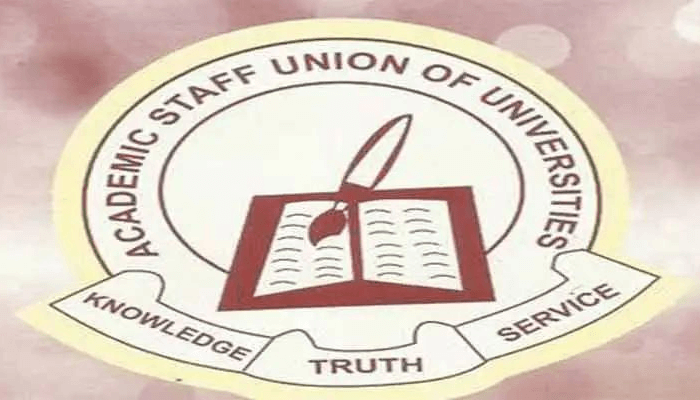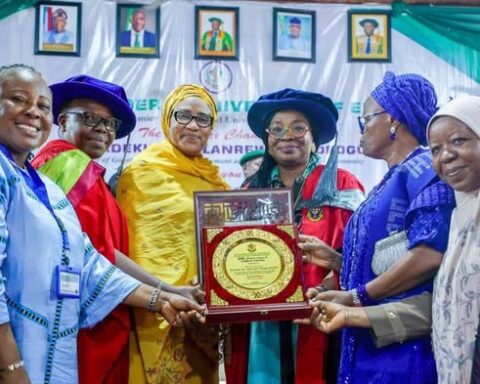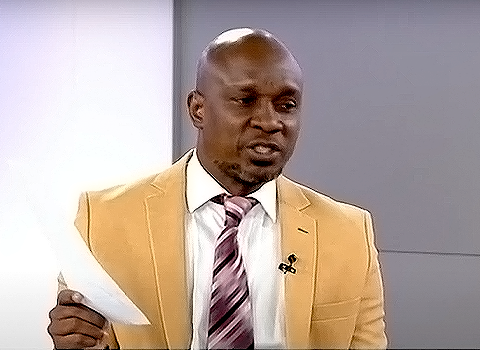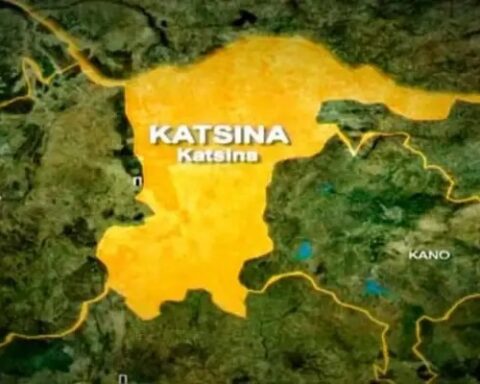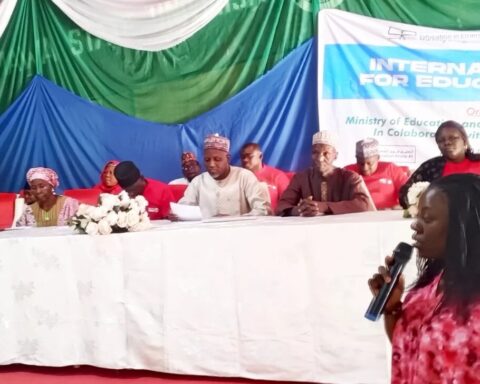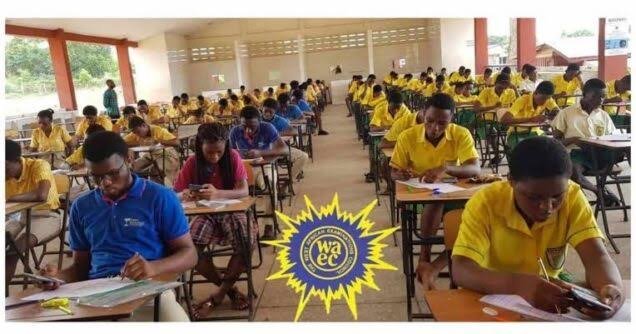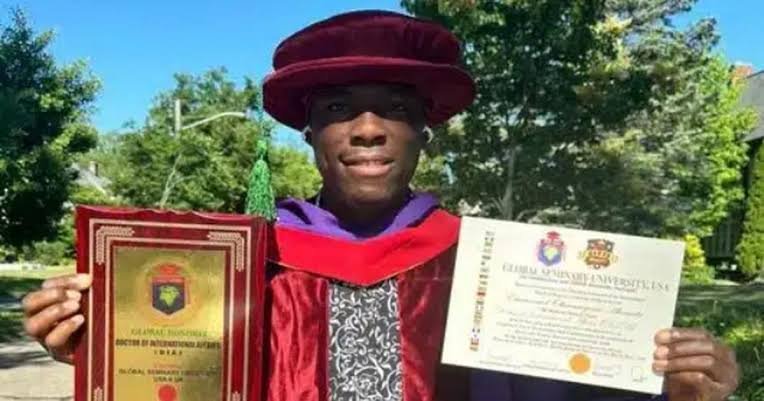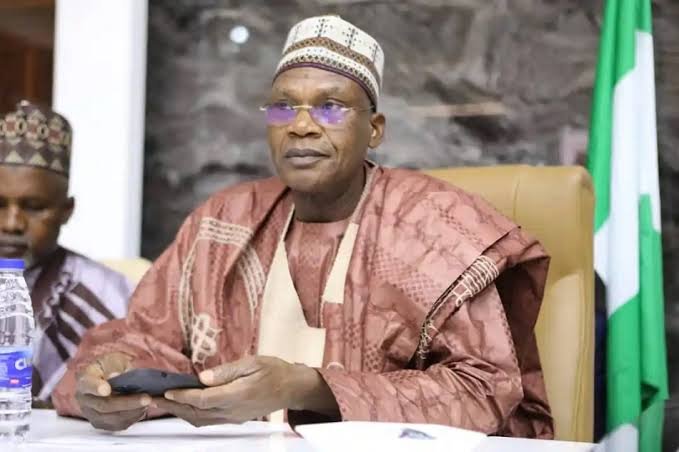The Academic Staff Union of Universities (ASUU) has called on the Federal Government to significantly increase funding for public universities, stressing that adequate investment in education remains the only sustainable way to end recurring industrial actions and improve Nigeria’s global academic competitiveness.
In a statement issued on Thursday, the union said that the persistent underfunding of tertiary institutions has continued to undermine quality education, research output, and infrastructural development in the nation’s universities.
ASUU noted that the government’s failure to meet previous agreements and to prioritise education in budgetary allocations has forced university staff to resort to strikes as a last resort in pressing for improved working and learning conditions.
“The only way to permanently address the challenges in our public universities is through genuine commitment to increased and consistent funding,” the statement read. “If Nigeria truly seeks to compete with the best in the world, it must treat education as an investment, not an expense.”
The union lamented the dilapidated state of facilities in many institutions, inadequate laboratories, poor remuneration of lecturers, and the continued brain drain caused by unattractive working conditions.
ASUU further urged the Federal Government to implement previous agreements, including the revitalisation fund, payment of earned academic allowances, and renegotiation of the 2009 ASUU-FG agreement to reflect current realities.
It also appealed to the National Assembly to play a more active role in ensuring that education receives a fair share of the national budget, pointing out that Nigeria still falls short of the UNESCO-recommended 15–20 percent benchmark for education funding.
“The frequency of strikes is a direct symptom of neglect,” the union said. “Once the government begins to prioritise education funding and fulfil its promises, industrial peace and academic excellence will naturally follow.”
ASUU reaffirmed its commitment to engaging in dialogue with the government but maintained that without concrete action and genuine political will, the challenges confronting Nigeria’s university system would persist.
Follow us on all social media platforms @dailyquery for news and analyses around the globe.
